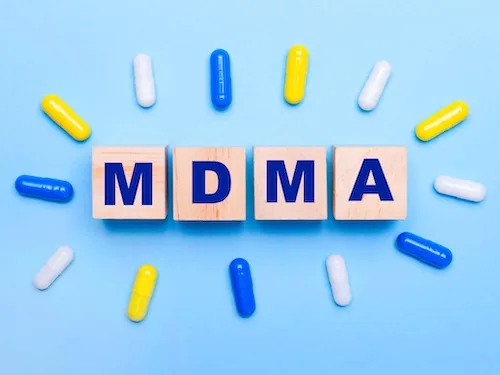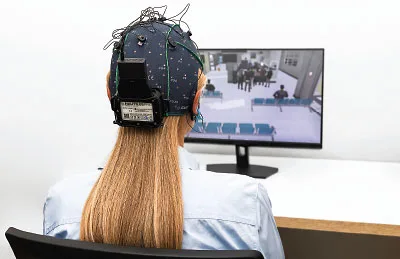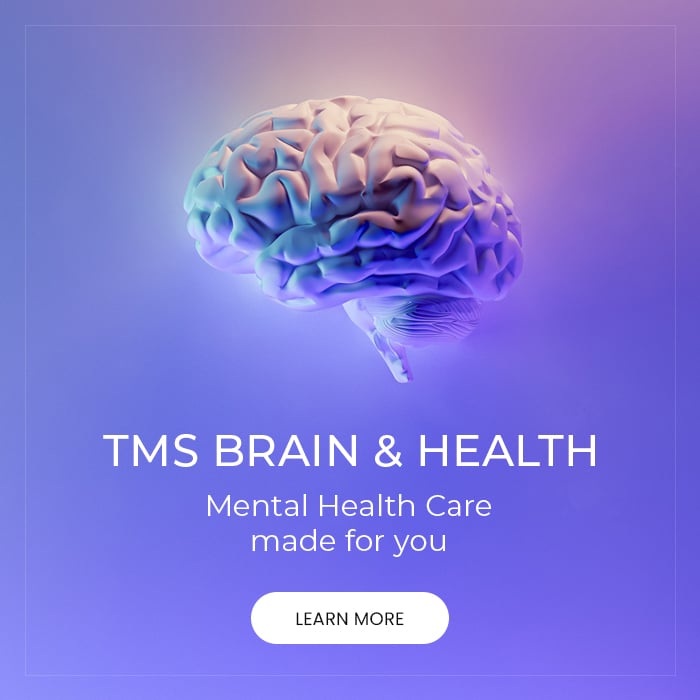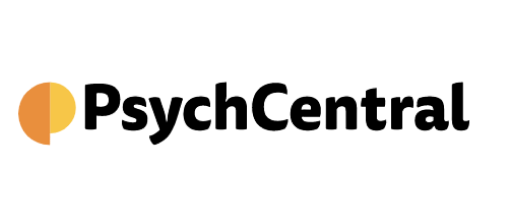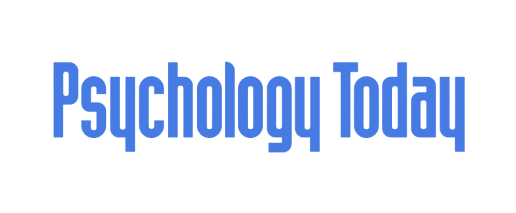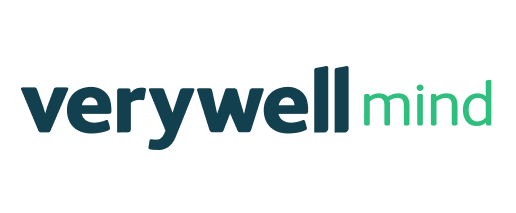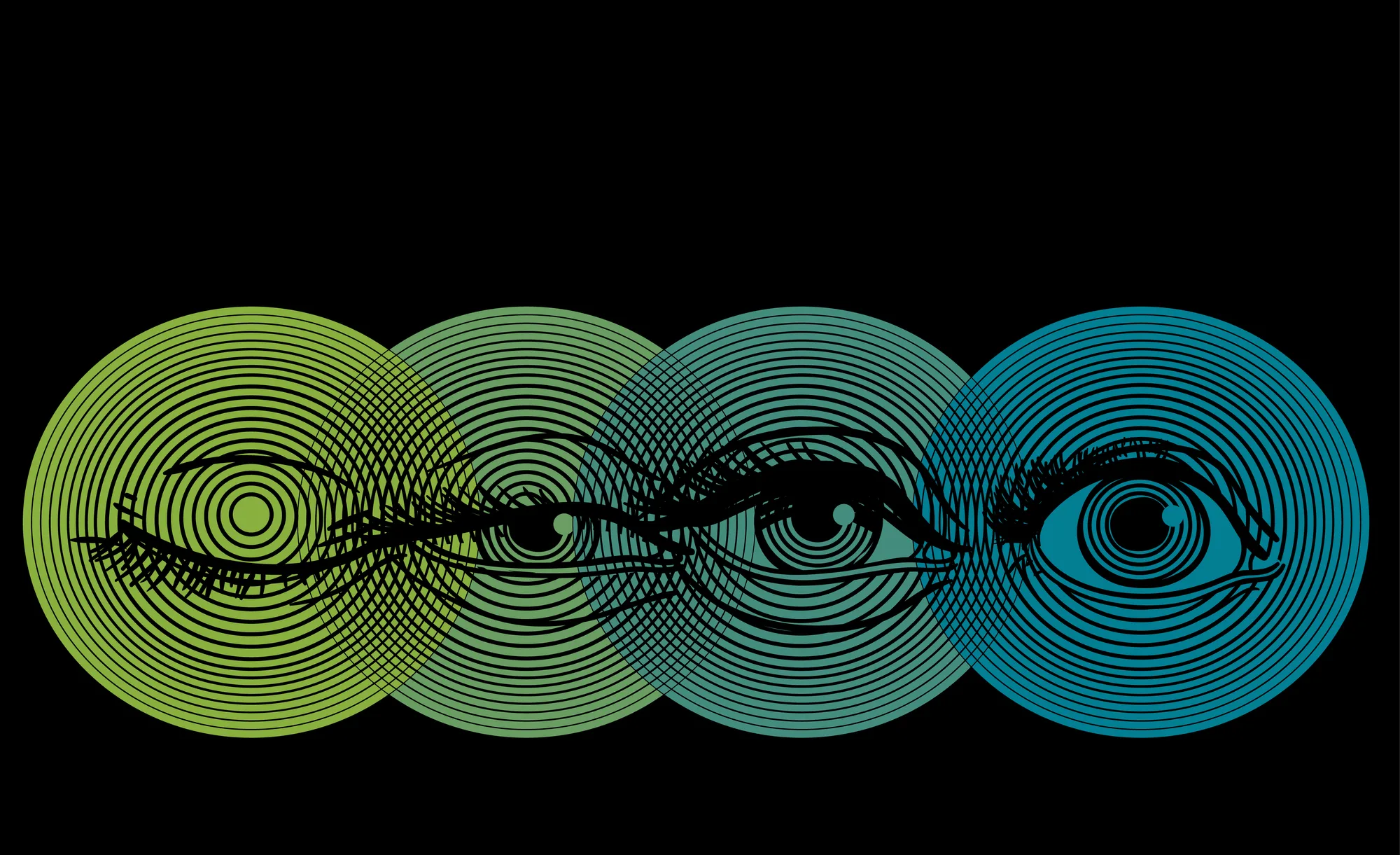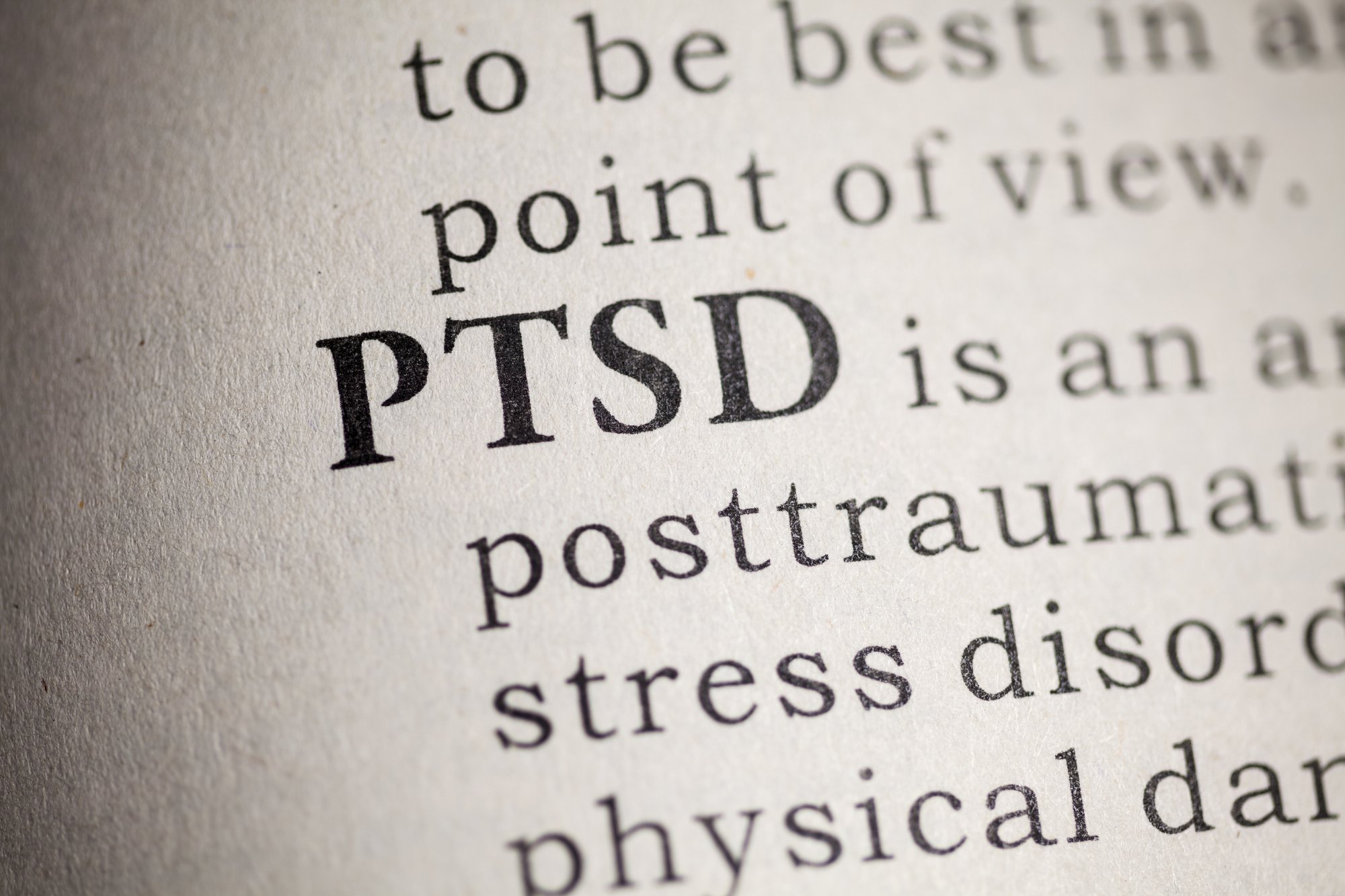A new medication is hitting the market and hitting it hard: ketamine. You may have recently seen ads for ketamine pills sent directly to your home; hundreds of companies are popping up offering these services for conditions like depression and anxiety.
Wait a minute — isn’t ketamine a horse tranquilizer? When did it become so popular, and is it really an effective mental health treatment?
Although ketamine is most widely known as a tranquilizer for large animals like horses, it has actually been used as a human anesthetic for over 50 years. It is still preferred as an anesthetic in some situations due to its unique ability to induce anesthesia while preserving breathing and airway reflexes.
What the Science Says
Research on ketamine as an antidepressant has been going on since 2000. Studies show that ketamine can start improving depression symptoms within 24 hours, and it’s especially effective for treatment resistant depression, or cases of depression that don’t respond to traditional antidepressants. In some patients, the effects of ketamine can persist for 3 months or longer after the treatment period is over.
Ketamine’s unique antidepressant effects can be attributed to its mechanism of action. Rather than temporarily boosting neurotransmitters like serotonin, ketamine acts on NMDA receptors and increases the availability of glutamate. Glutamate is a neurotransmitter involved in the creation of new neural pathways, a process called synaptogenesis. This means that ketamine helps your brain form neural connections — and change the way you think.
Extensive research also shows that ketamine is extremely safe and well tolerated; the most common side effects of ketamine are nausea and mild hallucinations or dissociation, which subside shortly after treatment.
How Are People Using Ketamine?
There are many different methods of administering ketamine treatment — intravenous infusions, nasal spray, intramuscular injections, or even rapid-dissolve tablets. Most methods involve standard racemic ketamine, which is considered an essential medicine by the WHO and can’t be patented. This form contains two mirror image molecules, an R molecule and an S molecule. In 2019, the FDA approved a different form of ketamine known as esketamine under the brand name Spravato. Esketamine contains only the S-molecule, and is administered in a nasal spray.
Due to its unique effects on neural pathways, ketamine is also commonly used to supplement psychotherapy. Referred to as ketamine assisted therapy, coupling these two treatment methods helps patients detach from negative or traumatic emotions, talk about uncomfortable topics, and make critical breakthroughs about their ways of thinking. Ketamine assisted therapy can both augment the effectiveness of a therapy session and extend the effects of ketamine treatment.
Research is also growing on ketamine as a treatment for a variety of other conditions, such as PTSD, anxiety, OCD, and ADHD. Although ketamine is being discovered as an effective mental health treatment, most forms of ketamine still aren’t FDA-approved. This means there isn’t much regulation in the ketamine industry, and consumers need to be cautious when they’re choosing to start ketamine treatment. We recently talked about how to find a reputable ketamine clinic in your area, and how to identify major red flags.
If you’d like to know if ketamine treatment might be right for you, contact us today at Bespoke Treatment.


